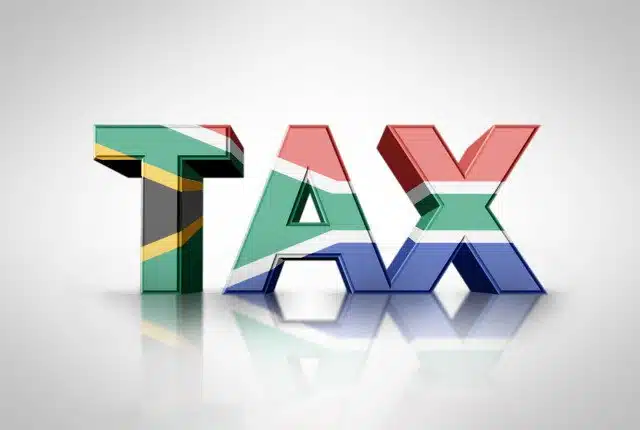
Government doubles down on new tax rules for South Africa
The National Treasury and South African Revenue Service (SARS) are standing their ground on proposed amendments to tax legislation in South Africa, despite protests from businesses.
Speaking to the parliamentary standing committee on finance this week, the National Treasury and SARS responded to comments by businesses regarding key issues concerning the proposed carbon tax, excise tax, and changes to how tax may apply in the customs and insurance sectors.
Changes to South Africa’s tax system are proposed under both the Draft Tax Administration Amendment Bill (TABLAB) as well as the Taxation Laws Amendment Bill (TLAB).
Carbon tax
One of the most significant points of contention was the new proposed carbon tax.
Business figureheads from the mining industry, the energy council and more recently shared recommendations to ‘avoid just transition impacts earlier than planned and to avoid unintended or adverse consequences to an already fragile economy’.
The National Treasury is proposing that the carbon tax rate increase by a minimum of US$1 between 2023 to 2025 and that it increases gradually to US$20 in 2026 and US$30 in 2030.
Businesses, meanwhile, would like to see the annual carbon tax increases continue based on the current Consumer Price Index (CPI ) of +2% structure until at least 2030 to allow for reviewing and aligning different policies.
The deputy director-general of the National Treasury, Ismail Momoniat, rejected these calls.
Momoniat said that he was surprised by the lack of vision coming from many businesses and said that they would not echo the same sentiments about the new carbon tax to international investors.
He said the carbon tax is an integral part of the climate change response in South Africa.
“We are not moving towards zero emissions; we are moving towards commitments listed in the Paris Agreement,” he added.
Treasury said that the introduction of an updated carbon tax would change the relative price of goods and services, making emission-intensive goods more expensive relative to those that are less emission-intensive.
This will, in turn, provide a powerful incentive for consumers and businesses to adjust their behaviour resulting in a reduction in emissions.
“Carbon tax is key to facilitating a just transition – business as usual is not an option.”
The Treasury noted, summarily, the carbon tax “would not impose a significant tax burden on companies, but it would send an important price signal to drive future investment decision, and companies that invest in low carbon technologies and energy efficiency measures now ill have a lower carbon tax liability.”
Vaping tax
National Treasury has proposed the average excise rate for e-cigarettes at R2.91 per millilitre and apportioned in a ratio of 70:30 between nicotine and non-nicotine elements.
Businesses said that considering South Africa’s affordability, a 70 cents duty per millilitre is more than appropriate.
Further pushback by the industry noted that excise duty on vaping products would affect the trade of legitimate tax-paying vendors, drive job losses in the sector and make people take up more harmful substances such as traditional tobacco products.
National Treasury again dismissed the protests from the business sector, saying that the tax is necessary and legitimate and would assist in closing regulatory loopholes that leave South Africans in vulnerable positions.
It added that the long-term health effect of e-cigarettes are unknown, and therefore the government is taking cautionary steps – even if vaping is marketed as a less harmful alternative to smoking.
The current proposed rate is an introductory rate that may be adjusted in the short to medium term, Treasury said.
Insurance and customs
Treasury is also proposing legislative amendments that will bring new accounting standards for insurers in South Africa.
The new method is set to have a material impact on the taxation of insurers – however, for short-term insurers, the effect may be minimal and, in some instances, nil, Treasury said.
For short-term insurers, SARS has proposed a three-year phasing-in period of the new standards, whereas for long-term insurers, a six-year plan.
Businesses have pushed back against these timelines, arguing, among other things, that they are too short. However, the Treasury and SARS have stuck to their guns.
Regarding changes to customs law, the issue around the definition of ‘invoice’ came up with some business figures requesting that a different interpretation be used. The Treasury subsequently stated that the existing interpretation is sufficient.
SARS added that businesses should not look at customs and their determination in a tax context but rather at how they are evaluated in terms of assets.
It added that the new amendments would align the financial sector more so with the World Trade Organisations practices.
Despite the responses of the government, businesses continue to call for further consultations and want more work to be done on the bills before they come into law.
Read: South Africa has almost R90 billion in unclaimed assets – here’s how to see if you can claim



